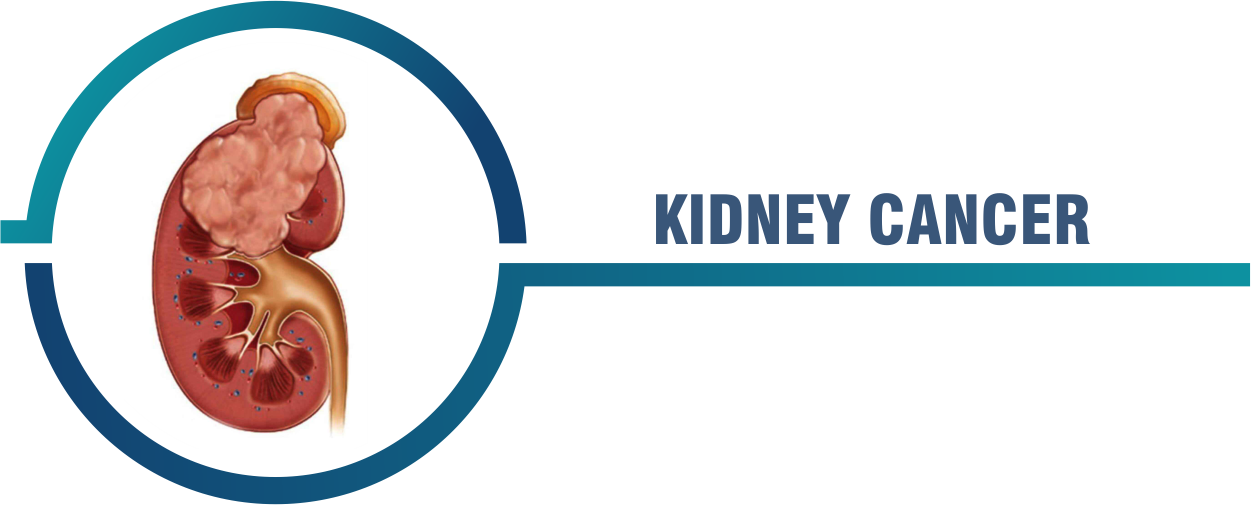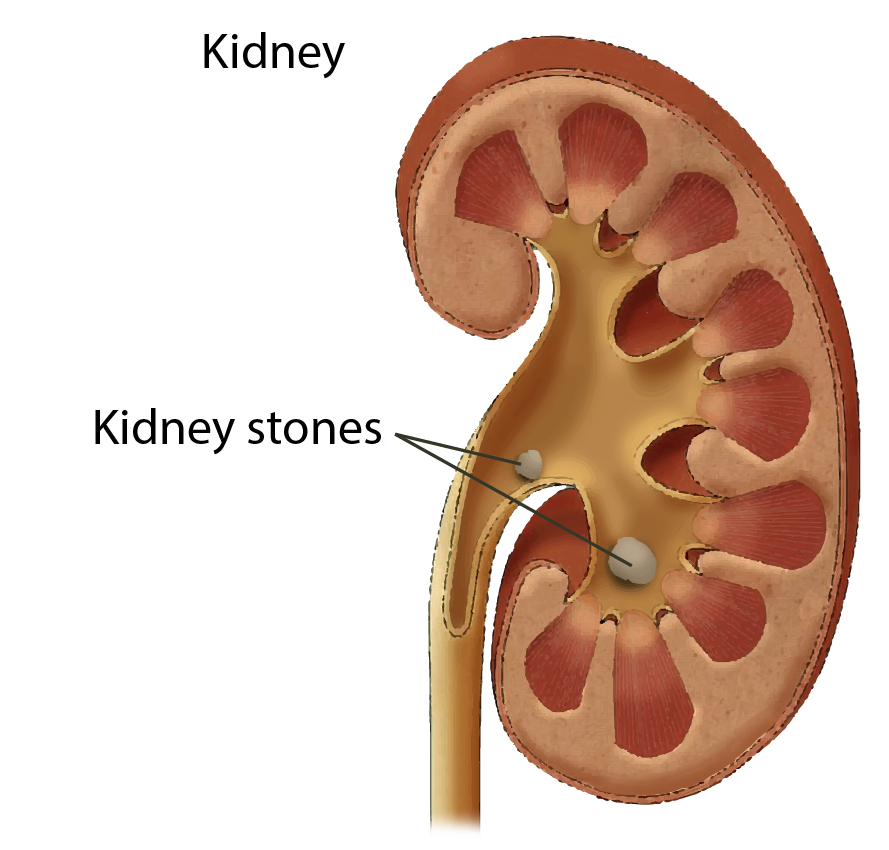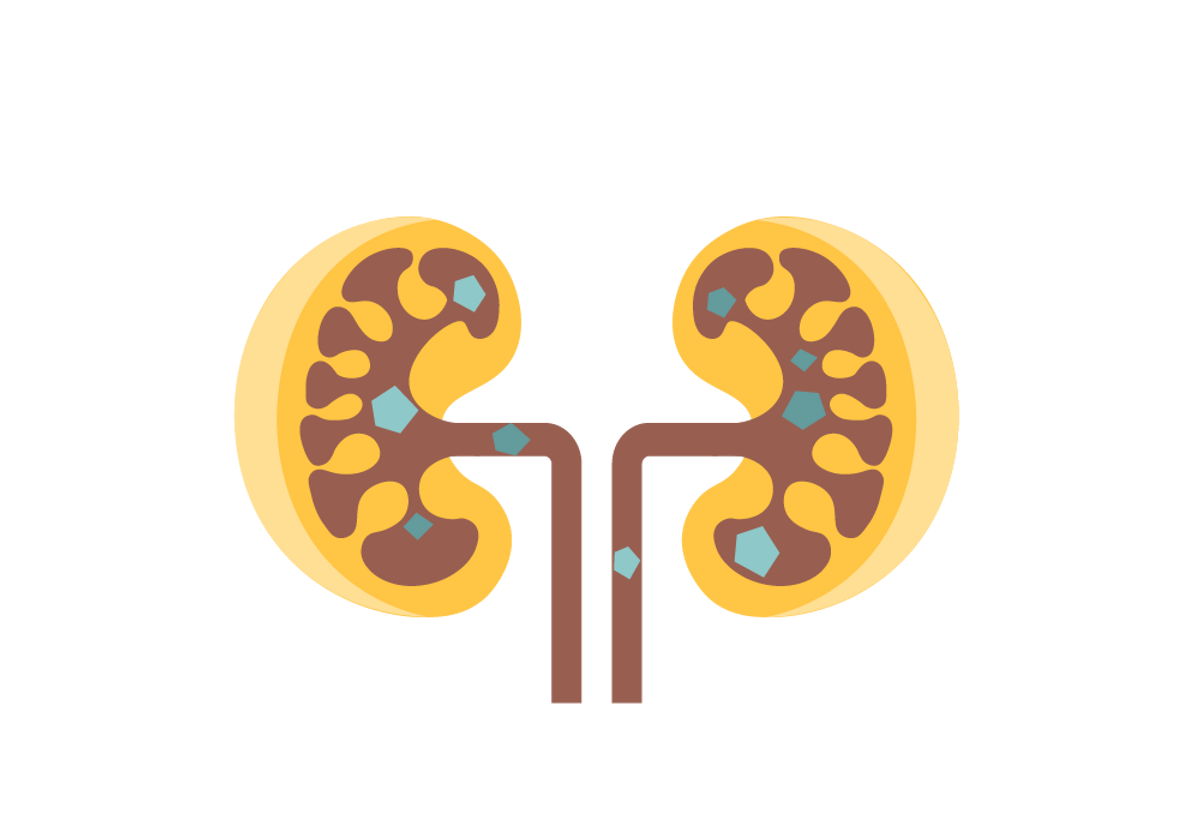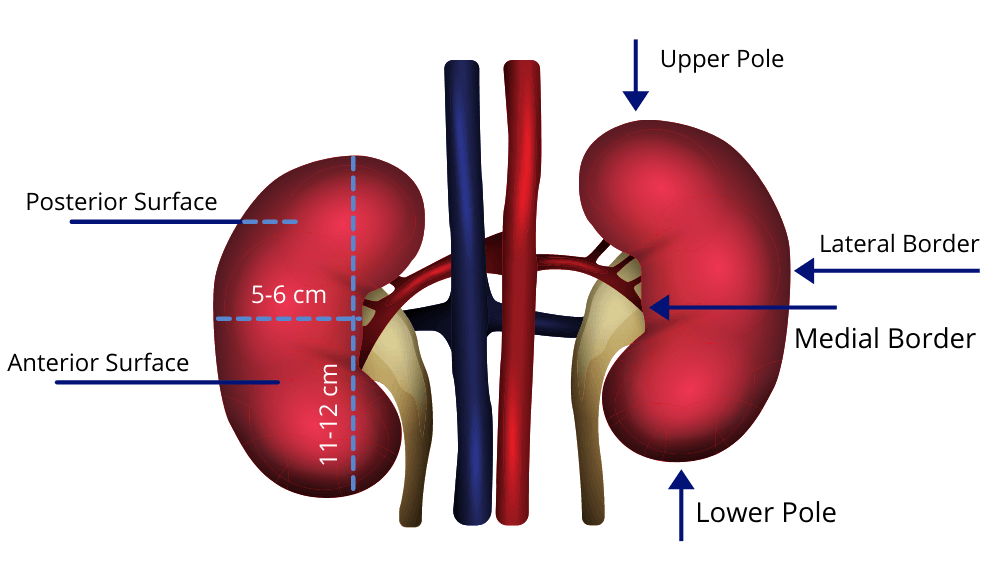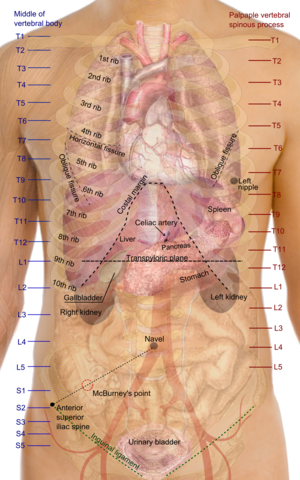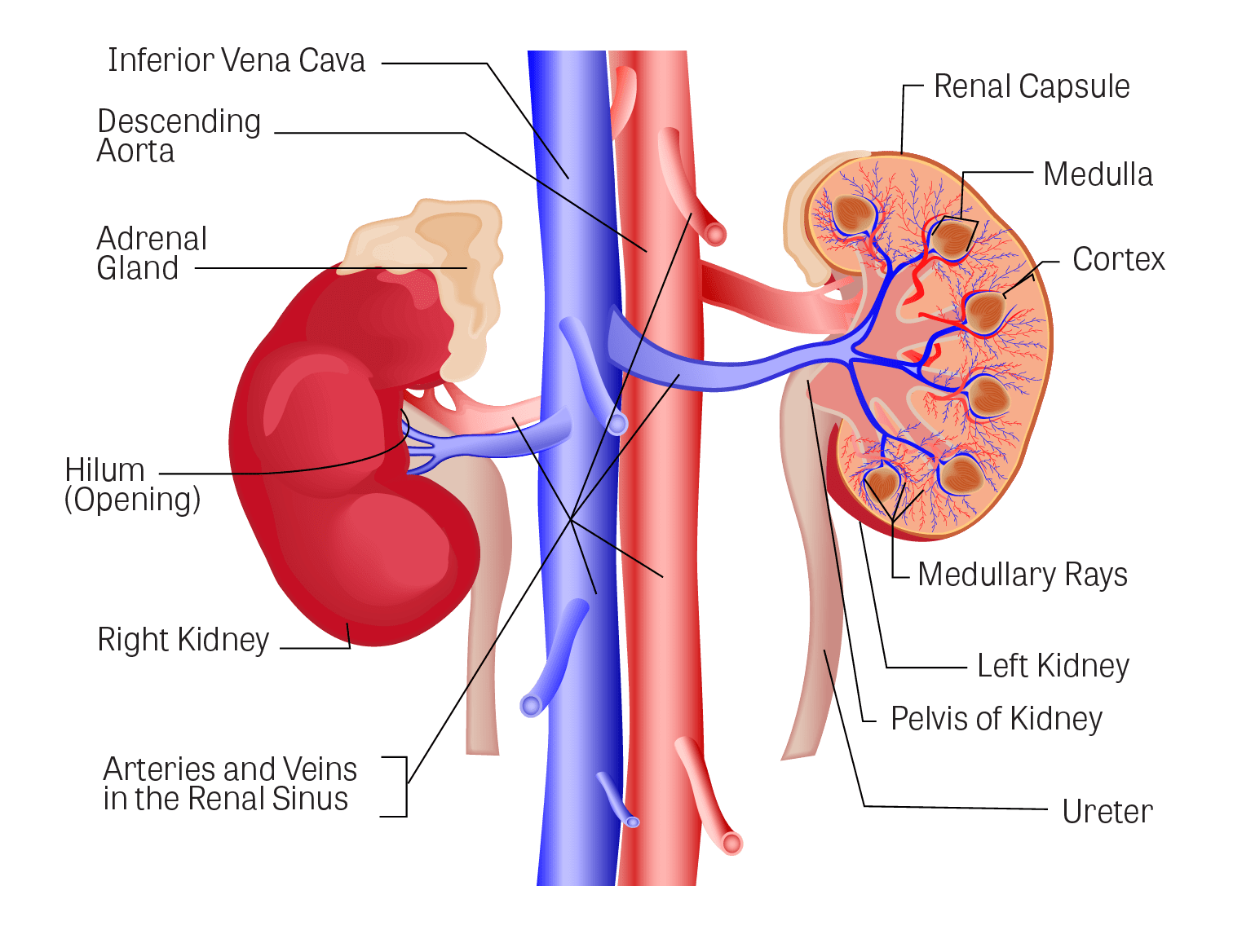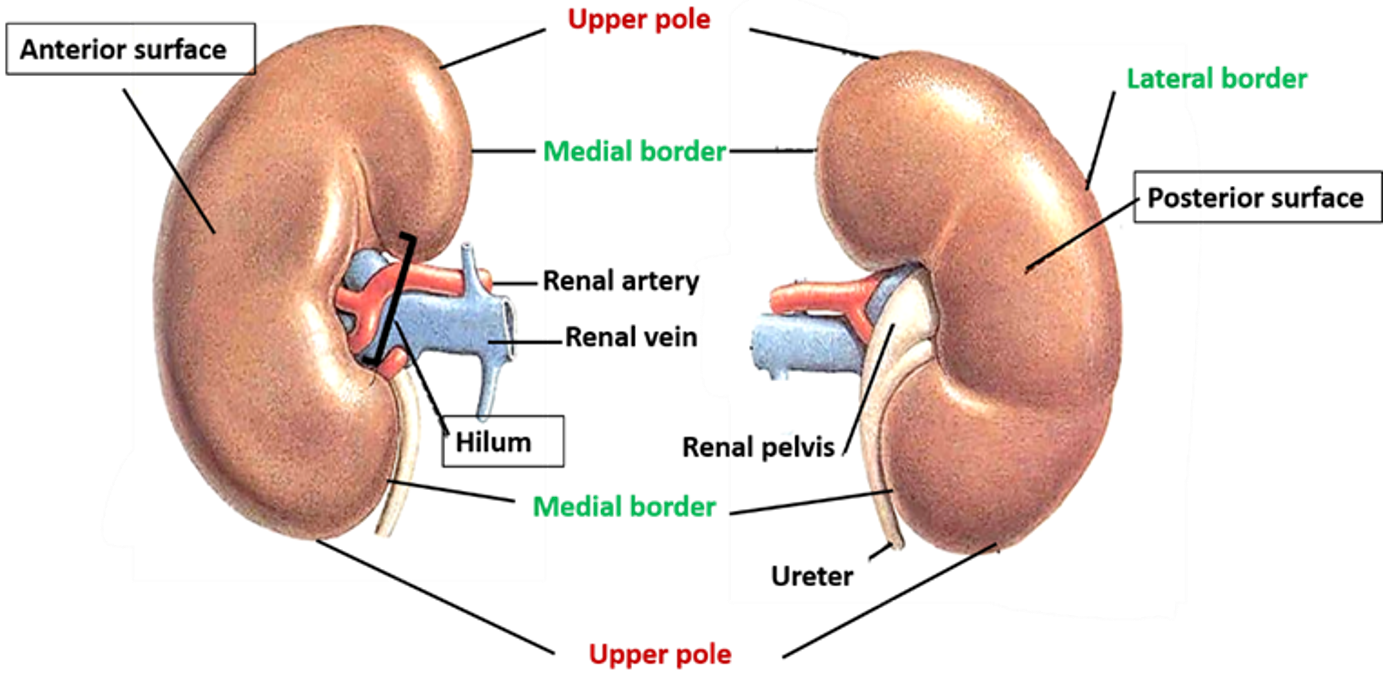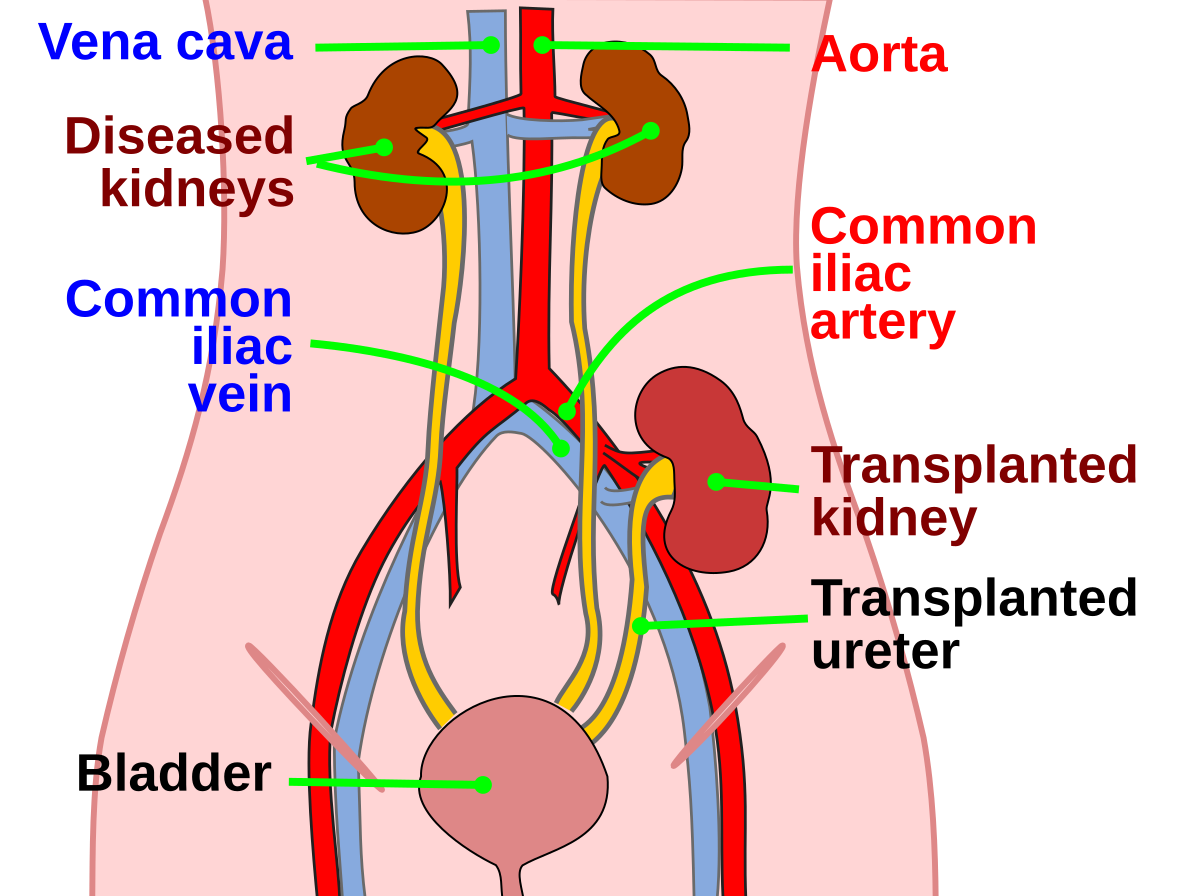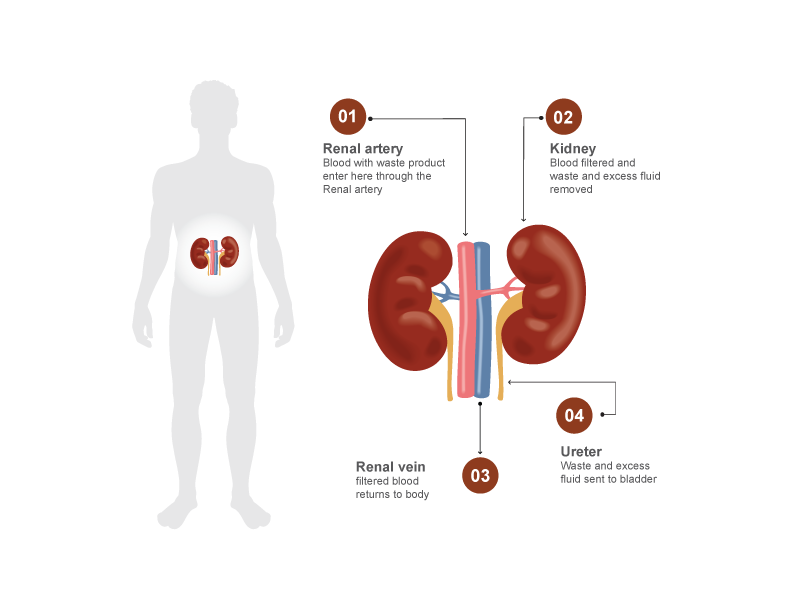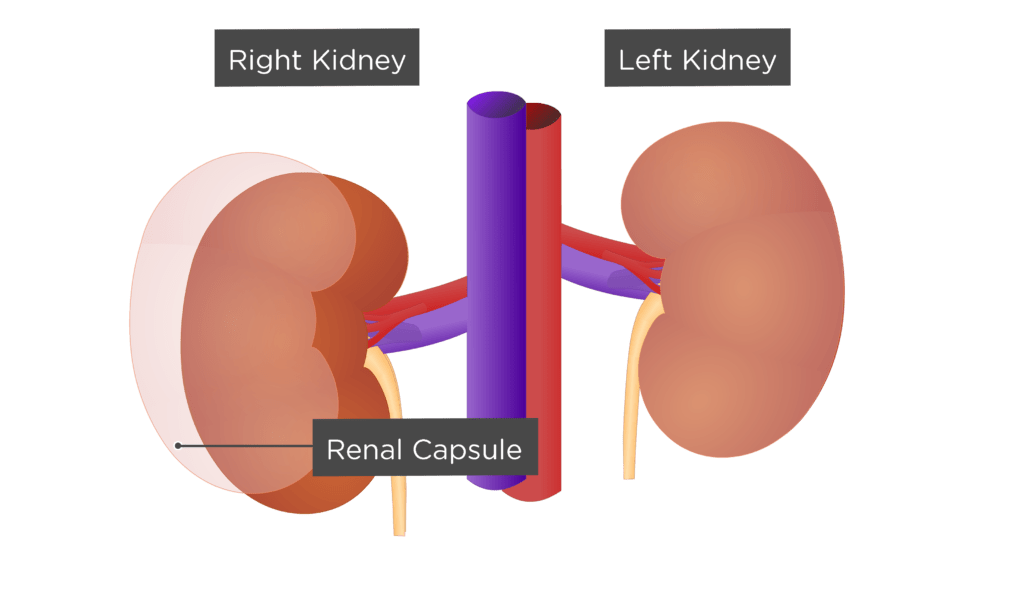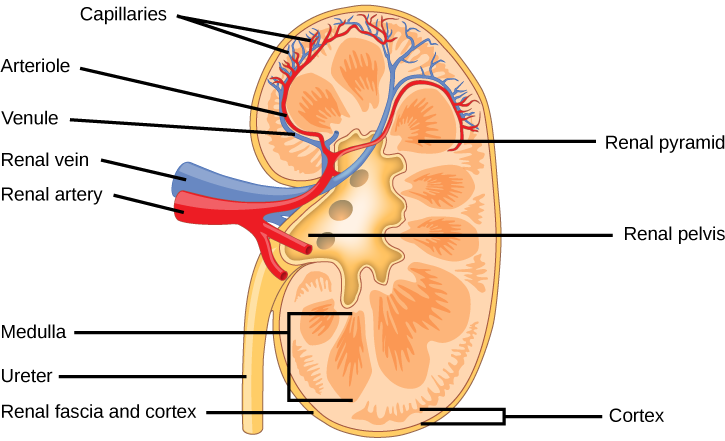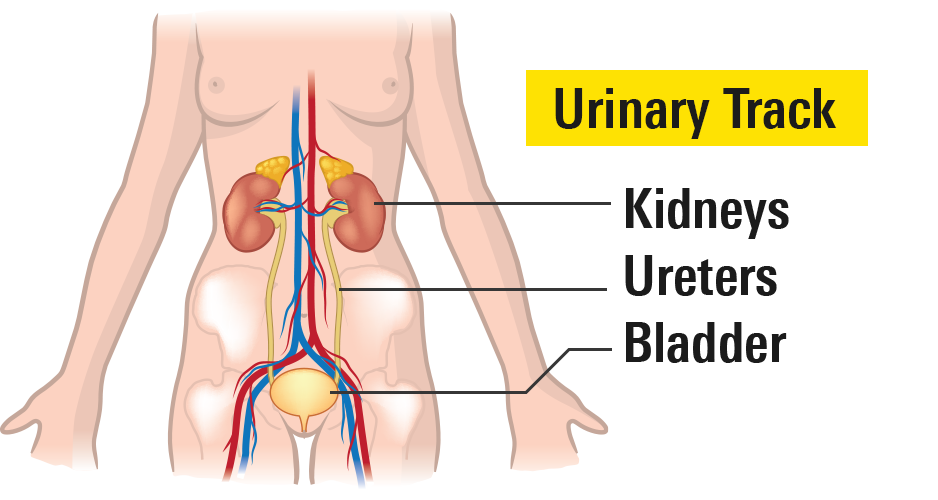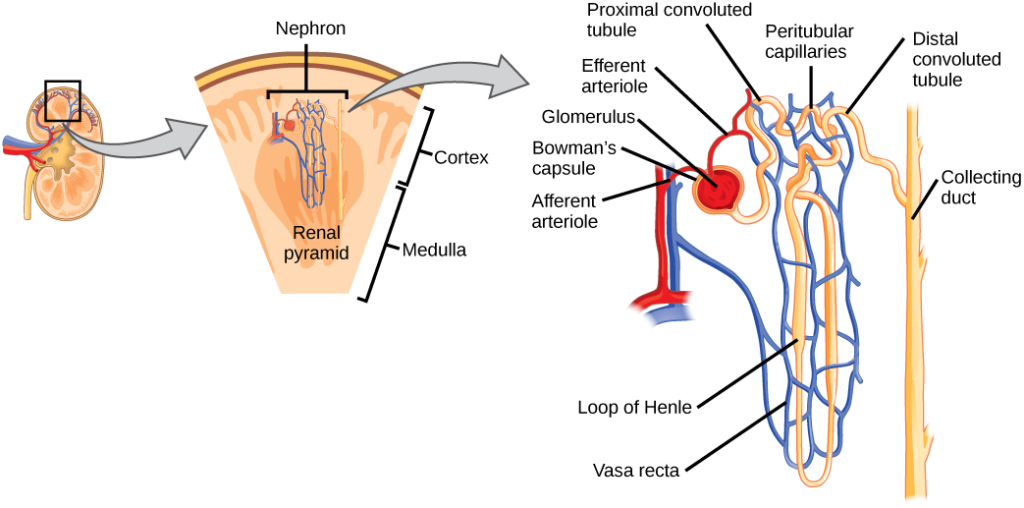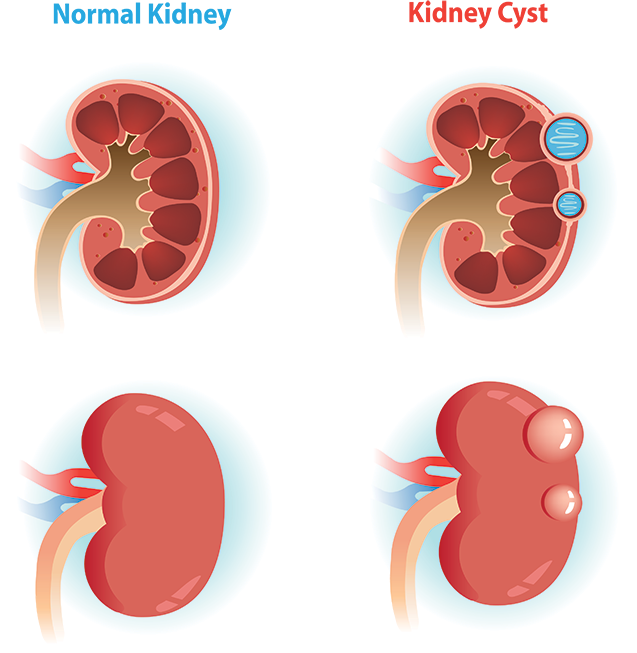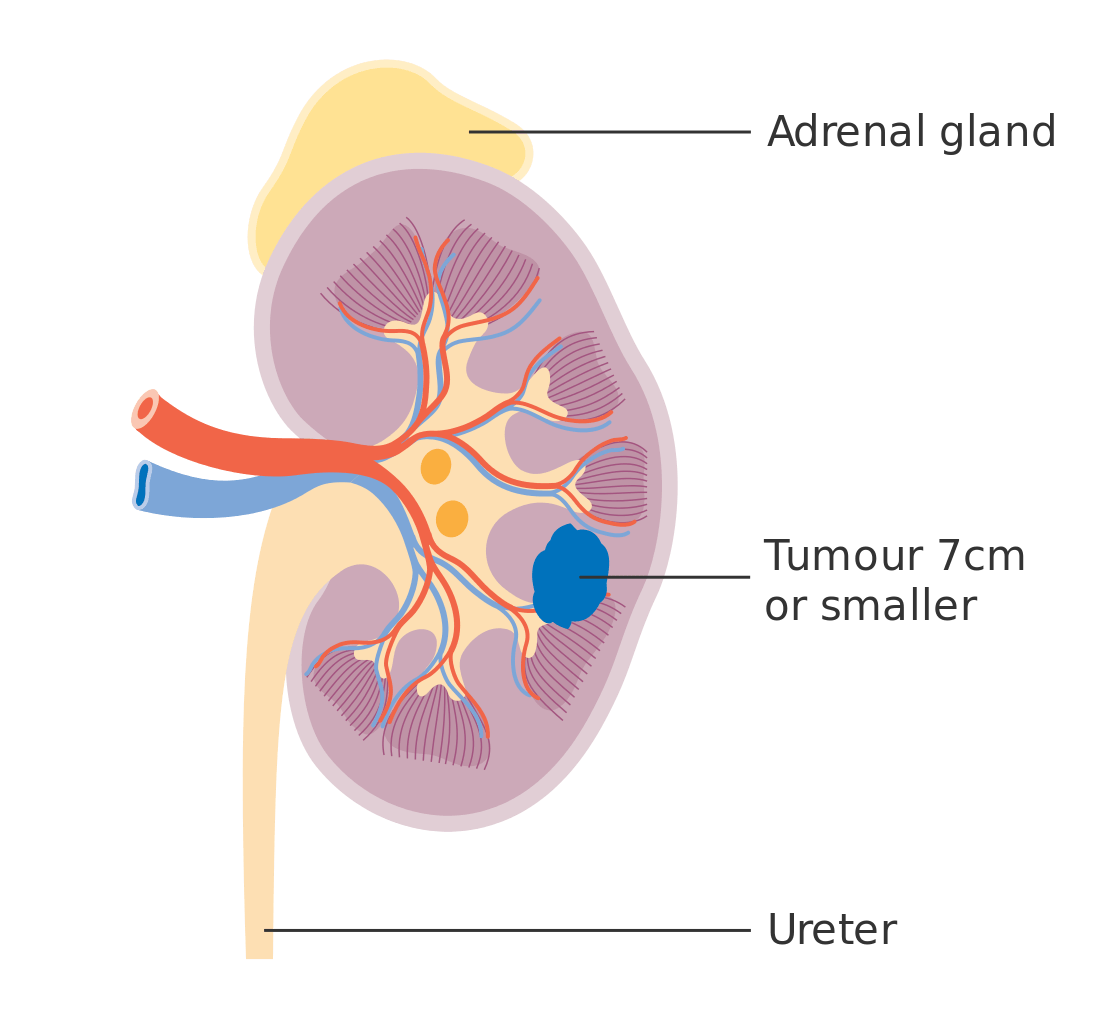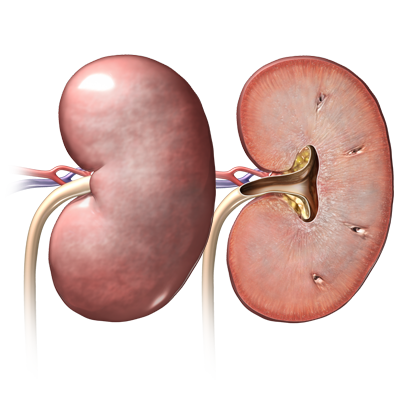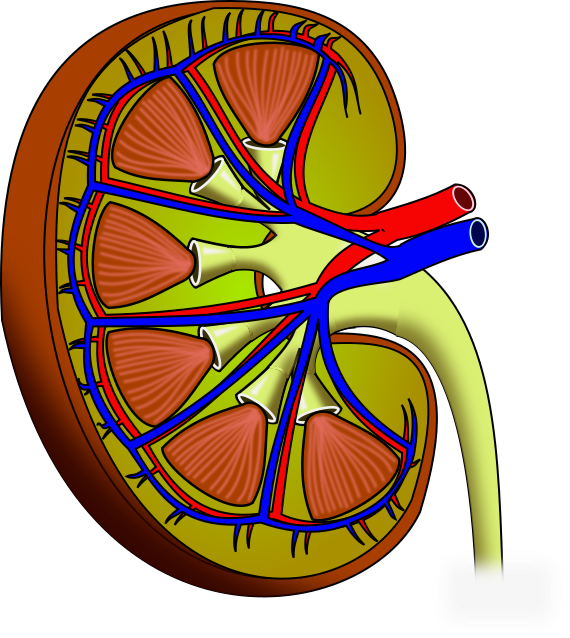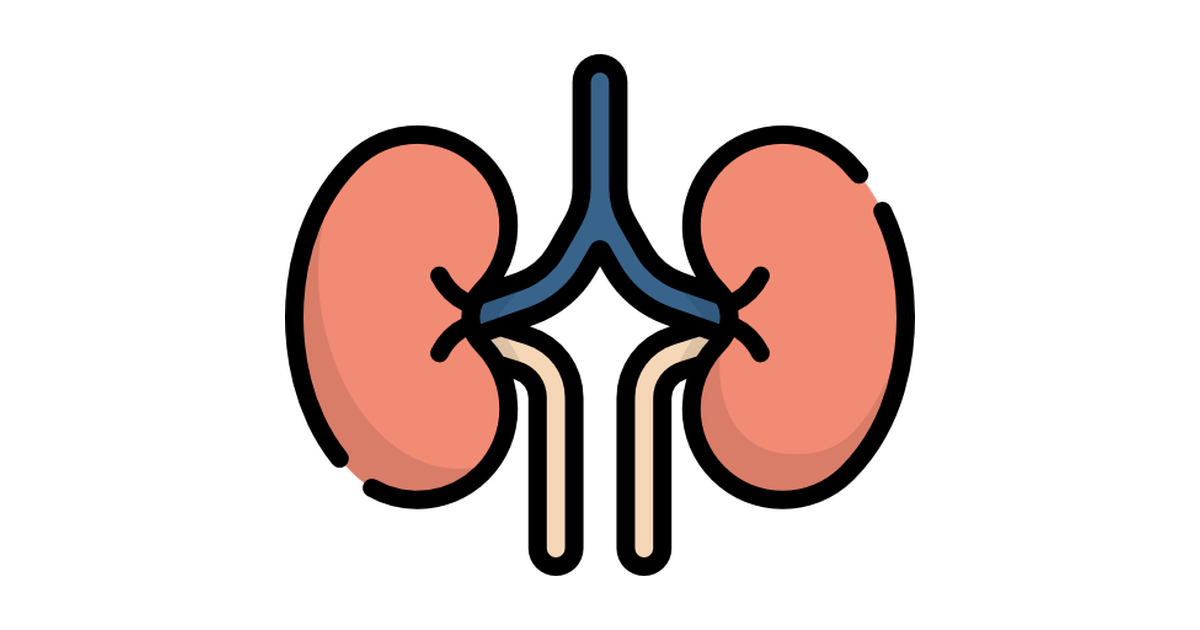Download top and best high-quality free Kidney PNG Transparent Images backgrounds available in various sizes. To view the full PNG size resolution click on any of the below image thumbnail.
License Info: Creative Commons 4.0 BY-NC
Our kidneys are an essential organ that plays a vital role in maintaining the proper functioning of our body. The kidneys are fist-sized organs located beneath the ribcage on either side of the spine. These organs filter waste and excess fluids from our body to produce urine. Besides, the kidneys function to help regulate blood pressure, balance electrolytes, and produce hormones that regulate red blood cell production.
Anatomy of a Kidney
The kidney has a unique and complex structure that enables them to carry out their vital functions. The outer layer of the kidney is called the renal cortex, which contains blood vessels that filter the waste products from the body. The inner part of the kidney is known as the renal medulla, which consists of tube-like structures called renal tubules that transport urine out of the kidneys. The renal pelvis is located at the center of the kidney and connects with the ureter, a tube that carries urine to the bladder.
The Function of Kidneys
Our kidneys perform several essential functions that maintain the homeostasis of our body. These functions are as follows:
- Filtration: The kidneys filter waste products, excess water, and electrolytes from the blood. This process is known as filtration.
- Regulation: The kidneys regulate the body’s fluid balance, keeping it within the required limits.
- Acid-Base Balance: The kidneys help in maintaining the pH balance of the blood by regulating acid-base balance.
- Blood Pressure: The kidneys regulate blood pressure by secreting a hormone called renin, which helps in constricting blood vessels.
- Erythropoietin: The kidneys produce a hormone called erythropoietin that regulates the production of red blood cells.
- Vitamin D: The kidneys produce an active form of vitamin D, which is necessary for bone health and calcium balance in the body.
Common Kidney Disorders
Various factors such as hereditary, lifestyle choices, and medical conditions can affect the health of our kidneys. Some of the common kidney disorders are as follows:
- Chronic Kidney Disease: Chronic kidney disease occurs when the kidneys are damaged and can no longer function correctly. This condition may progress over time, leading to kidney failure.
- Kidney Stones: Kidney stones are hard, crystalline deposits that form inside the kidney and cause severe pain. They are usually formed due to the accumulation of minerals and salts in the kidney.
- Urinary Tract Infections: Urinary tract infections occur in the urinary system, including the kidneys, bladder, and ureters. These infections may affect the normal functioning of the kidneys.
- Polycystic Kidney Disease: Polycystic kidney disease is a hereditary disorder that causes cysts to form in the kidneys, leading to kidney damage and dysfunction over time.
- Glomerulonephritis: Glomerulonephritis is a condition that causes inflammation of the glomeruli, clusters of tiny blood vessels inside the kidneys that filter waste and excess fluids from the bloodstream. This condition can damage the kidneys over time and lead to kidney failure.
Prevention and Treatment
Preventing kidney disorders is crucial in maintaining the health of our kidneys. Some of the measures that can be taken to prevent kidney disorders are as follows:
- Maintain a healthy weight and diet.
- Quit smoking and limit alcohol consumption.
- Stay hydrated and drink plenty of water.
- Monitor blood pressure and blood sugar levels regularly.
- Exercise regularly to keep the body healthy and fit.
Treatment for kidney disorders depends on the type and severity of the condition. Some of the common treatments are as follows:
- Medications: Medications can help manage the symptoms of kidney disorders and prevent further complications.
- Dialysis: Dialysis is a process that replaces the function of the kidneys by removing waste products and excess fluids from the blood.
- Kidney Transplant: Kidney transplant may be recommended for patients with end-stage kidney failure who do not respond to other treatments.
- Lifestyle Changes: Lifestyle changes such as a healthy diet, regular exercise, and adequate hydration can help manage kidney disorders.
Conclusion
Our kidneys play a fundamental role in maintaining the proper functioning of our body. These organs filter waste products, regulate fluid balance, control blood pressure, regulate red blood cell count, and produce hormones that help maintain the overall health of our body. It is crucial to maintain a healthy lifestyle and take measures to prevent kidney disorders to maintain the health of our kidneys. In case of any symptoms or medical conditions related to the kidneys, consult a healthcare professional for proper diagnosis and treatment.
Download Kidney PNG images transparent gallery
- Kidney PNG
Resolution: 1251 × 505
Size: 178 KB
Image Format: .png
Download
- Kidney PNG File
Resolution: 889 × 850
Size: 374 KB
Image Format: .png
Download
- Kidney PNG Image
Resolution: 1200 × 840
Size: 98 KB
Image Format: .png
Download
- Kidney PNG Photo
Resolution: 997 × 570
Size: 53 KB
Image Format: .png
Download
- Kidney PNG Clipart
Resolution: 300 × 480
Size: 254 KB
Image Format: .png
Download
- Kidney PNG Cutout
Resolution: 1512 × 1168
Size: 123 KB
Image Format: .png
Download
- Kidney PNG Images
Resolution: 1383 × 691
Size: 960 KB
Image Format: .png
Download
- Kidney PNG Photos
Resolution: 1200 × 896
Size: 206 KB
Image Format: .png
Download
- Kidney PNG Picture
Resolution: 792 × 612
Size: 49 KB
Image Format: .png
Download
- Kidney PNG HD Image
Resolution: 1024 × 597
Size: 43 KB
Image Format: .png
Download
- Kidney PNG Image HD
Resolution: 725 × 441
Size: 116 KB
Image Format: .png
Download
- Kidney No Background
Resolution: 938 × 500
Size: 121 KB
Image Format: .png
Download
- Kidney Transparent
Resolution: 1024 × 508
Size: 194 KB
Image Format: .png
Download
- Kidney
Resolution: 596 × 597
Size: 62 KB
Image Format: .png
Download
- Kidney PNG Free Image
Resolution: 637 × 653
Size: 222 KB
Image Format: .png
Download
- Kidney PNG Images HD
Resolution: 1113 × 1024
Size: 47 KB
Image Format: .png
Download
- Kidney Background PNG
Resolution: 400 × 400
Size: 154 KB
Image Format: .png
Download
- Kidney PNG Image File
Resolution: 570 × 638
Size: 286 KB
Image Format: .png
Download
- Kidney PNG Pic
Resolution: 1200 × 630
Size: 90 KB
Image Format: .png
Download
